Cava, a sparkling wine from Spain, has grown in popularity due to its delightful bubbles and refreshing taste. Enthusiasts and newcomers alike are seeking out the best brands that capture the essence of this effervescent beverage. With so many options on the market, it can be a challenge to identify which labels truly stand out in terms of quality, flavor, and value. Below, you'll find a curated list of the top cava brands worth exploring for your next celebratory occasion.
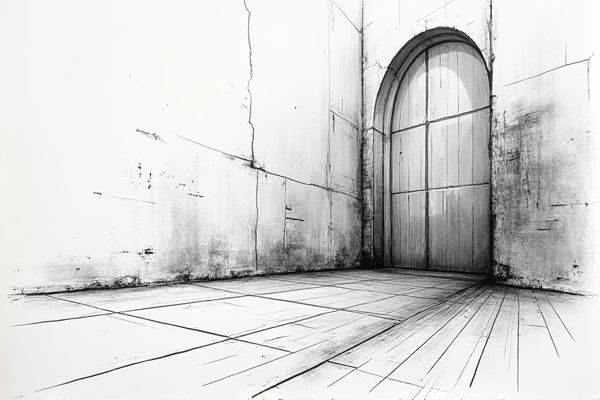
Illustration of cava
Best brands of cava in 2025
Codorníu
Codorniu is one of the oldest and most renowned producers of Cava, a traditional Spanish sparkling wine, with a history dating back to 1551. Located in Sant Sadurni d'Anoia, Catalonia, Codorniu produces approximately 6 million bottles of Cava annually, making it the world's largest producer of sparkling wine using the traditional method. Their wines are crafted from traditional grape varieties such as Macabeo, Xarel-lo, and Parellada, and they also cultivate Pinot Noir and Chardonnay in other regions. The Codorniu cellars, designed by Josep Puig i Cadafalch, were declared a "National Monument of Historical and Artistic Interest" in 1976. The winery is known for its sustainable agriculture practices, including organic pest control and minimal intervention in nature. For more details on their offerings, check out the Codorniu Clásico Cava Brut.
Freixenet
Freixenet, renowned as the world's leading brand of Cava, achieved a historic milestone with worldwide sales of 100 million bottles in 2021, marking a 5% increase in sales that year. The brand's internationalization efforts, particularly through the Henkell Freixenet alliance, have been pivotal to its success, with exports accounting for 80% of its global sales. Freixenet's flagship Cava, Cordon Negro, was lauded as the world's best Cava and Spain's best sparkling wine by The Champagne & Sparkling Wine World Championships. The company generates 30% of its annual sales in Spain during the Christmas campaign, holding a 20% market share in the country. Despite challenges like the severe drought in Catalonia, Freixenet continues to innovate and expand its market presence.
Juvé & Camps
Juve & Camps, founded in 1921, is a renowned family-owned winery in San Sadurni d'Anoia, Spain, celebrated for producing some of the finest Cava using the traditional method. With a history spanning over 200 years, the winery has established itself as a leader in the Gran Reserva category, aging their wines for a minimum of 30 months, with the Reserva de la Familia aged for 36 months on lees. This Brut Nature Cava, made from Macabeo, Xarel*lo, and Parellada grapes, is known for its complex aromas of ripe white fruit, toast, and citrus, and is favored by Spain's royal family. Juve & Camps wines are regularly served at state banquets and official events. The 2017 vintage of Reserva de la Familia Gran Reserva Cava is particularly notable for its bone-dry finish and minerally cut.
Gramona
Gramona is renowned as one of the finest producers of Cava, with a history dating back to 1881. The winery, located in Sant Sadurni d'Anoia, has transitioned to organic and biodynamic viticulture, significantly reducing yields from 8,000-10,000 kilos per hectare to 4,000-6,000 kilos, but enhancing the quality and consistency of their wines. In 2017, Gramona voluntarily left the Cava DO to create the Corpinnat designation, emphasizing higher standards and regional specificity. Their wines, such as the III Lustros, Celler Batlle, and Enoteca, are aged for extensive periods, up to 120 months, and are known for their rich, autolytic, and complex house style. Gramona's commitment to sustainability is evident in their use of cellophane wrapping and subterranean winemaking facilities. For more information, visit Gramona's winery page.
Segura Viudas
Segura Viudas is a renowned producer of cava, steeped in an 800-year heritage of winemaking in the D.O. Penedes region of Spain. Founded in 1959, but with vine growth dating back to the 12th century, the winery is committed to sustainable viticulture practices, with 90% of local farmers implementing sustainability techniques and a goal to reach 100% in the near future. Segura Viudas is known for its organic cavas, such as the Organic Brut, which adheres to strict organic practices outlined by the Catalan Council of Ecological Agricultural Production. The winery's portfolio includes iconic cavas like the Brut, Brut Rose, and Reserva Heredad, all made from indigenous varietals like Macabeo, Xarel-lo, and Parellada. Since 2017, Segura Viudas has been Wineries for Climate Change-certified, reflecting its dedication to environmental sustainability. Discover more about their sustainable winemaking and cavas on their official website.
Recaredo
Recaredo is a renowned family-run winery in the Alt Penedes region of Catalonia, known for its terroir-driven and biodynamic approach to producing high-quality Cava. Since 2010, Recaredo has only sourced grapes from its own estate vines and is Demeter certified, emphasizing indigenous varieties like Xarel*lo, Macabeu, and Parellada. The winery is notable for its Brut Nature style Cavas, all of which are Gran Reserva, aged for at least 30 months with natural cork stoppers. Recaredo's production is largely consumed in Catalonia, with only 12% sold abroad, and the winery has recently joined the Corpinnat association to uphold stricter quality standards. Founded in 1924 by Josep Mata Capellades, Recaredo continues to innovate, such as experimenting with natural yeasts and replacing non-indigenous varieties like Chardonnay and Pinot Noir. For more detailed insights, visit Recaredo's official page.
Anna de Codorníu
Anna de Codorniu is a prestigious brand from the renowned Codorniu winery, known for its high-quality cava. Introduced in 1984, it was the first cava to incorporate Chardonnay into its blend, consisting of 70% Chardonnay and 30% traditional varieties such as Macabeo, Xarel*lo, and Parellada. This cava is celebrated for its delicate aromas of tropical fruit, citrus, and floral notes, and it undergoes a meticulous production process involving a second fermentation and at least 12 months of aging on the lees. The winery, with over 450 years of history, is the oldest and second-largest producer of cava in Spain. Anna de Codorniu is a leading cava in Spain, known for its elegance and freshness.
Vilarnau
Vilarnau, a renowned cava producer located in Penedes, Catalonia, stands out for its commitment to quality and sustainability. Since 1949, Vilarnau has been producing cavas, and in 1982, it was acquired by Gonzalez Byass. The winery is known for its organic certification obtained in 2016 and its "Wineries for Climate Protection" certification, emphasizing reduced energy and water consumption. Vilarnau produces around 1 million bottles annually from 120 hectares of vineyards, with 70% of its production exported to markets like Northern Europe, the USA, and Asia. The winery uses traditional cava grapes such as macabeo, xarel-lo, and parellada, and has introduced innovative practices like ageing in chestnut barrels. For more information, you can explore their wine producer profile.
Raventós i Blanc
Raventos i Blanc is a renowned Spanish winery with a viticultural tradition dating back to 1497, making it one of the oldest continuous vineyard owners in the world. The family is credited with producing the world's first cava in 1872 by Josep Maria Raventos i Fatjo. Despite their long history in cava production, they left the DO Cava in 2013 to establish the Conca del Riu Anoia DO, focusing on terroir-driven wines made from 100% native grape varieties and adhering to sustainable and organic practices. Their wines, such as the Blanc de Blancs, are known for their quality and authenticity, reflecting the unique properties of the local terroir. Today, the winery produces approximately 600,000 bottles per year. To learn more, visit their feature on Raventos i Blanc and Conca del Riu Anoia DO.
Castellroig
Castellroig is a renowned producer of high-quality Cava, recognized for its excellence in the Spanish wine industry. In 2017, Castellroig's Terroja estate was among the first twelve sites approved for the 'Cava de Paraje Calificado' classification, a prestigious single vineyard designation that highlights the best of Cava production. This classification requires strict criteria, including hand-harvested grapes from vines at least 10 years old and a minimum aging period of 36 months. Castellroig's commitment to quality and sustainability aligns with the broader trends in the Cava sector, which saw a 3.31% increase in rose Cava sales and a significant growth in organic Cava production in 2023. The brand's dedication to terroir-driven production has contributed to the enhanced global image of Cava. Discover more about their exceptional offerings by exploring the Castellroig Sabaté i Coca Corpinnat Reserva.










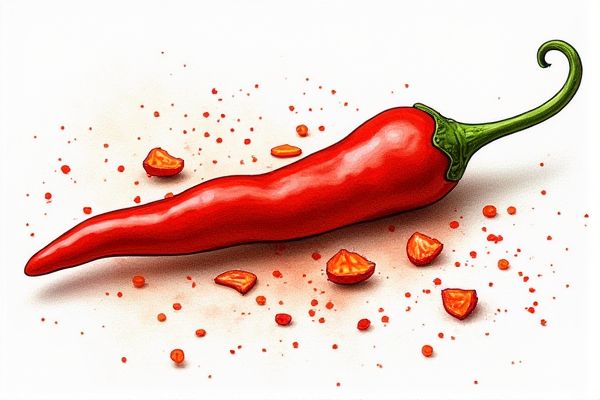
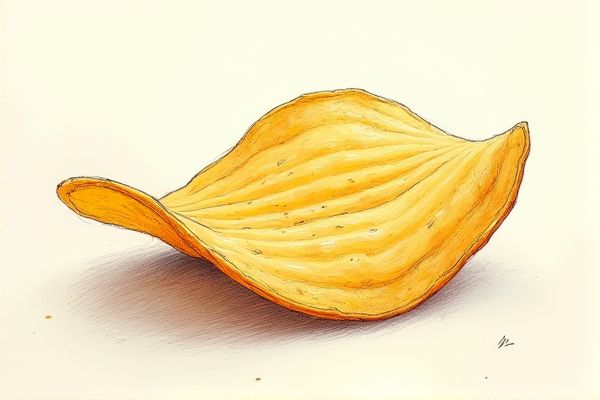
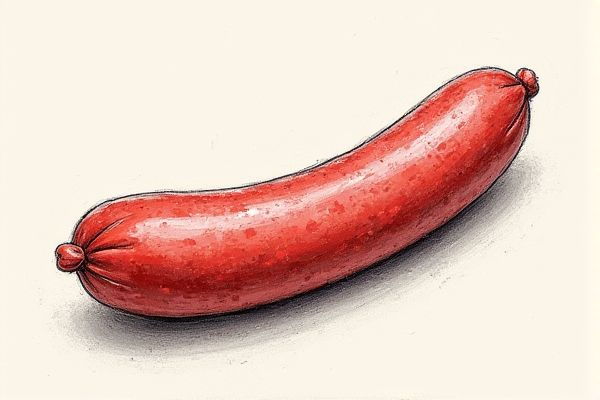
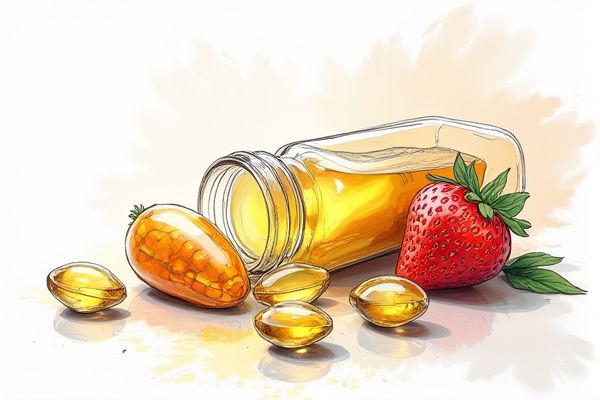
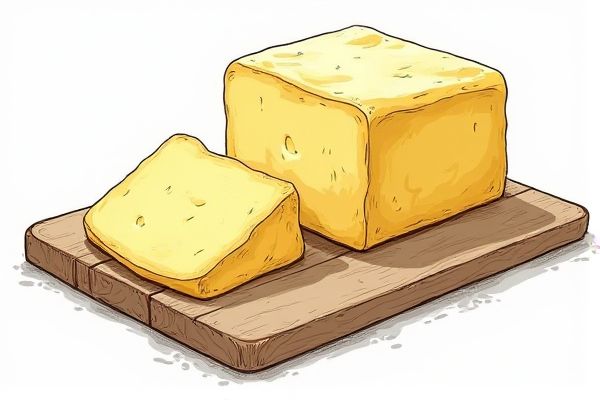
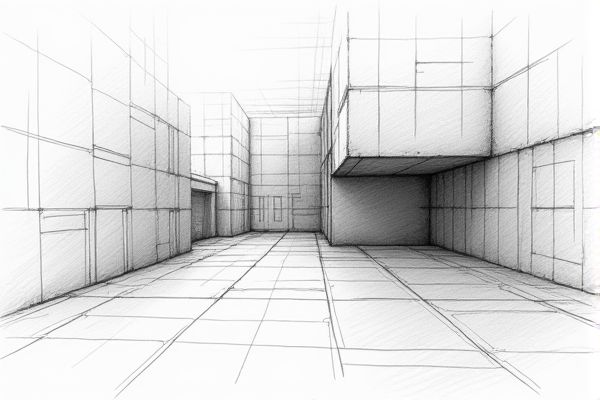
Leave a Reply
Your email address will not be published.